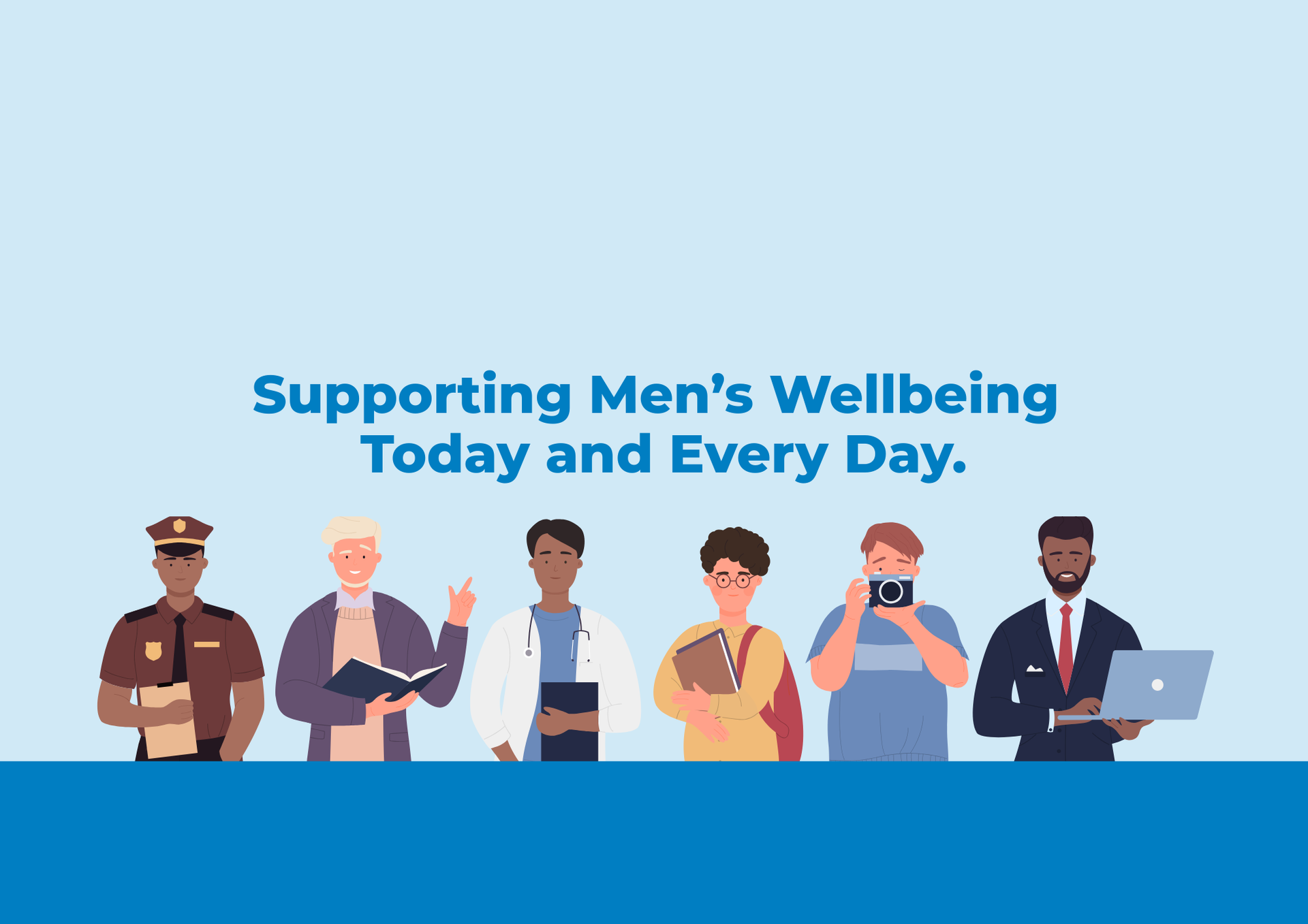The Power of Self-love
February 13, 2025
When we think of Valentine’s Day, we often find ourselves thinking about either a bouquet of roses, heart-shaped chocolates, and the idea of celebrating love with a special someone.
But what if, this year, the most important Valentine you could celebrate is the one you see in the mirror?
Self-love is often overlooked however is the foundation for healthy relationships, emotional resilience and overall mental wellbeing.
Why Self-Love Matters?
Self-love is about recognising and nurturing your own value and wellbeing. It's the practice of accepting yourself with all your strengths, flaws, and everything in between.
When we practice self-love, we build mental resilience, develop healthy boundaries and foster inner peace that allows us to thrive, regardless of external circumstances. And most importantly, self-love creates the foundation for all other relationships in life.
Redefining Valentine's Day
Valentine’s Day can be a challenge for many people, whether you’re single, grieving or simply not feeling the pressure to celebrate in traditional ways. The general notion that love is only meaningful when shared with someone else can sometimes make us feel less-than or incomplete. But this year, let’s reframe it!
Take the time to honour the love you have for yourself. Self-love doesn’t need to look like a big gesture—it can be found in the small, everyday acts of kindness and care you offer yourself.
Ways to Practice Self-Love
Affirmations - Words have power. Start your day with a simple affirmation: "I am worthy of love, kindness, and respect." Repeating affirmations like these helps to reinforce a compassionate mindset.
Set Healthy Boundaries - Saying “no” when you need to, is an essential part of self-love. It’s about protecting your time, energy, and mental space.
Engage in Self-Care - Whether it’s practicing mindfulness, reading a book or simply resting, self-care can help improve your mood. It’s important to make time for activities that nourish your mind and body without guilt.
Journal Your Feelings - Writing can be a powerful tool for self-reflection. Journaling about your thoughts and emotions can help you better understand yourself, your needs, and your goals.
Understanding Self-Love and Mental Health
When we practice self-love, we are also taking proactive steps to protect our mental health. Self-love is a form of self-care, and when we care for our mental wellbeing, we are less likely to fall into patterns of burnout, anxiety, or depression. It’s not about being perfect—it’s about creating space for grace, acceptance, and healing.
Self-love helps us accept our imperfections and mistakes with compassion rather than judgment. It means forgiving ourselves when we fall short and understanding that our worth is not tied to external achievements or opinions. It is simply rooted in the fact that we are human and deserving of care, just as we would offer that care to someone else, we love.
This Valentine’s Day, we encourage you to consider what it would look like to give yourself the same level of care, love, and respect you would give to your closest friend or a loved one.
By prioritising self-love, we not only foster a healthier relationship with ourselves, but we also create a foundation for all other relationships to flourish.
The most important relationship you have is with yourself.
Take a moment to celebrate yourself.
Treat yourself with the kindness you deserve, and remember that you are worthy of love, not just today, but every day!





